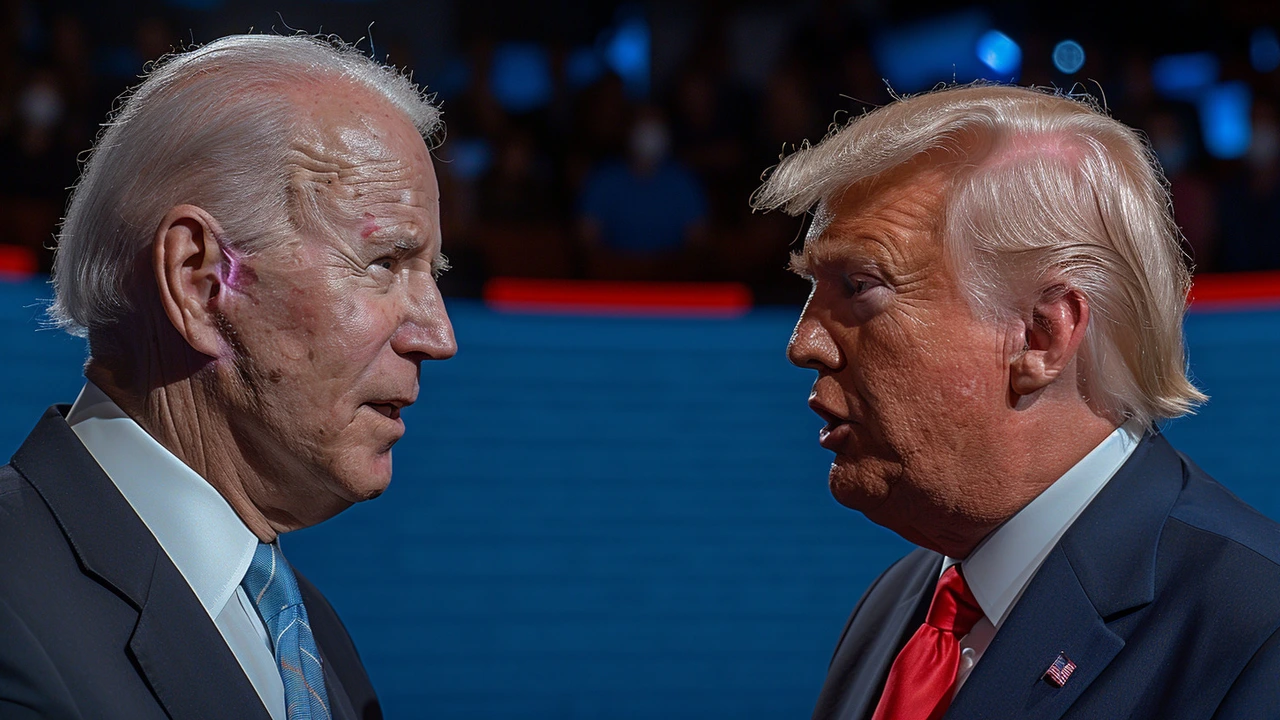Joe Biden – Who He Is and Why He Matters
When you hear the name Joe Biden, you probably think of the US president. Born in 1942, he spent decades in the Senate before becoming vice‑president under Barack Obama. In 2020 he won the presidential election and took office in January 2021. His decisions shape not only American life but also the global economy, trade flows, and even the way crypto projects operate in Africa.
Why should you care about Biden if you’re interested in crypto or African markets? Simple – US policy often sets the tone for worldwide finance. When the White House talks about regulation, taxation or infrastructure, investors around the world listen. That means the choices Biden makes can affect the price of Bitcoin, the speed of cross‑border payments, and the confidence of African startups looking for US partners.
Biden’s Major Policies
During his first year Biden focused on three big areas: the economy, climate change and social equity. On the economic front he pushed a massive stimulus package called the American Rescue Plan, which put trillions of dollars into households, businesses and state budgets. The goal was to kick‑start spending after the pandemic slump.
Climate policy got a boost with the Inflation Reduction Act, which offers tax credits for clean energy projects. For crypto fans, this matters because many renewable‑energy‑based mining operations look to the US for funding. If the government makes green energy cheaper, mining can become more sustainable and attract investors who care about the environment.
On social equity, Biden signed executive orders aimed at improving voting rights and expanding broadband access. Better internet in rural America can lead to more robust digital infrastructure, a trend that often spills over into African telecom markets through partnerships and technology sharing.
What His Actions Mean for Crypto and Africa
One of the biggest crypto questions under Biden is how the US will regulate digital assets. So far the administration has signaled a tougher stance on money‑laundering and tax compliance. The Treasury’s Financial Crimes Enforcement Network (FinCEN) is expected to tighten reporting rules, which could increase costs for crypto exchanges worldwide.
For African users, tighter US rules can be a double‑edged sword. On one side, clearer regulations can bring more legitimate services into the continent, protecting users from scams. On the other side, higher compliance costs might push smaller exchanges out of the market, reducing options for local traders.
Another impact is the US‑Africa trade agenda. Biden’s “Build Back Better World” (B3W) initiative aims to fund infrastructure projects in developing regions, including Africa. If digital payment systems are part of those projects, crypto‑friendly fintech companies could win contracts, speeding up adoption of blockchain solutions for things like remittances and supply‑chain tracking.
Overall, Biden’s policies tilt toward more government involvement in the economy and a push for sustainable growth. For anyone watching the crypto scene in Africa, that means paying attention to US regulatory updates, watching for new infrastructure funding, and being ready to adapt to tighter compliance rules. Stay tuned, keep learning, and you’ll be better positioned to ride the waves that Biden’s decisions create.
Analyzing the Outcome of the First 2024 Presidential Debate Between Trump and Biden
The first presidential debate of the 2024 election cycle saw Donald Trump and Joe Biden face off. Critics and analysts, including NewsNation's Dan Abrams, Elizabeth Vargas, and Chris Cuomo, weighed in on the performance of both candidates. The debate's unique format and its impact on undecided voters have sparked significant discussion.
